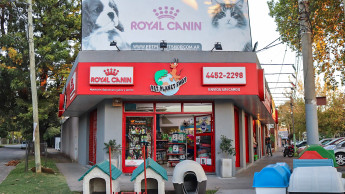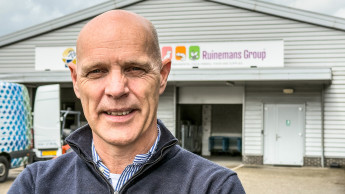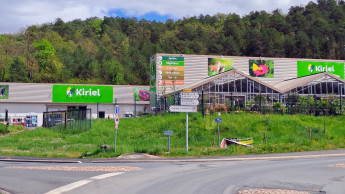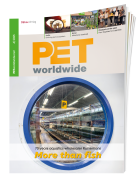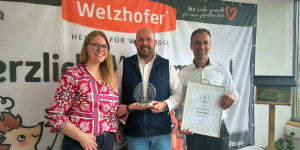The pet industry is growing year on year, and in Belgium, as in the rest of Europe, pets have become an integral part of family life. New figures from the Belgian Petfood Association (Bepefa) and the European pet food organisation Fediaf provide exciting insights into consumer behaviour, purchasing preferences and general market developments, reports Belgian manufacturer Flamingo Pet Products in a blog post.
According to the Bepefa study, cats (33%) and dogs (30%) are the most popular pets. One in six households took in a new pet last year. Adoption is on the rise: 32% of new pets come from shelters or have been rescued. Seven out of ten owners consider their pet to be (very) important in their lives.
Average monthly expenditure: €122 per pet (more among young people). 47% are willing to pay more for sustainable food. Supermarkets and pet shops are the most popular places to shop. The most important purchase criteria are life stage, taste and price.
According to Bepefa, 16% are allowed to bring their pet to the office and 12% do so. Young people (<34 years) and French speakers in particular are more likely to choose to have a pet. Six out of ten Belgians have at least one pet. On average, there are three pets per household in Belgium. According to the European pet association Fediaf, there are 2.05 million dogs and 3.08 million cats in Belgium alone.
Rejuvenation in the target group
The Bepefa study shows that six out of ten Belgian households have at least one pet. This figure is significantly higher than four years ago and confirms a trend that has been visible since the Covid pandemic. It is interesting to note that younger Belgians (<34 years) and French-speaking respondents in particular are more likely to have pets. Among younger people, the proportion is as high as 73%, compared to 39% among those over 55. There is therefore a rejuvenation within the target group of pet owners, which has implications for product development, marketing and communication channels.
On average, there are 3.1 pets per household. Cats (33%) and dogs (30%) remain the most popular pets. However, fish, birds, rabbits and rodents are also still present, albeit in smaller but stable numbers.
A striking finding from the Bepefa report is that one in six Belgian households took in a new pet last year. In 30% of cases, these were people under the age of 34, and 24% of these new adoptions took place in French-speaking households.
Although breeders remain the most important source of new pets (27%), the proportion of adoptions and animal shelters is rising significantly: 32% of new animals come from shelters, have been rescued or have been placed through international organisations. This increase is in line with a broader social trend towards ethical consumption and conscious animal welfare.
Choice of pet food
Both Belgian and European data confirm that the choice of pet food depends heavily on the animal's stage of life (53%), the enthusiasm with which the animal eats the food (48%) and the price (47%). At European level, 58% of animal feed produced is intended for dogs and 35% for cats. Interestingly, wet food dominates for cats (60%), while dry food is more popular for dogs (61%). Snacks account for 3% of the total volume for cats and 9% for dogs.
Although sustainability does not yet play a significant role in purchasing decisions, 47% of Belgian pet owners say they are willing to pay more for food with a lower environmental footprint. Younger pet owners are particularly receptive to this (54%).
According to the Belgian study, 43% of consumers choose a specific brand before they even enter the shop – a third only compare products once they are in the shop. Supermarkets and pet shops remain the most popular shopping channels. Online sales are increasing, but physical presence and visibility on the shelf remain crucial.
Belgian pet owners spend an average of €122 per month on their pets. Younger pet owners spend as much as €151. This amount includes food, grooming, vet visits and accessories. It is striking that, despite inflation, 61% of pet owners do not plan to cut back on their pet's care. Only a small group is considering choosing cheaper food, giving fewer snacks or postponing vet visits.
For 70% of Belgians, their pets are (very) important to family life. At the same time, a third of pet owners say they feel guilty when they leave their pet alone. The emotional bond with pets remains an important factor in spending and care behaviour.
Three wishes
Dog owners have three top wishes: responsible behaviour from other pet owners (e.g. cleaning up after their pets), more open spaces such as dog parks, and access to restaurants, bars and shops.
For Flamingo, the Belgian and European figures clearly show that pets have become an integral part of everyday life. ‘With a young generation of owners, a growing willingness to adopt and a strong focus on well-being and sustainability, there are numerous opportunities to continue to be innovative.’

 Menü
Menü

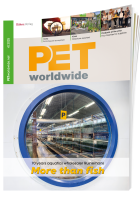



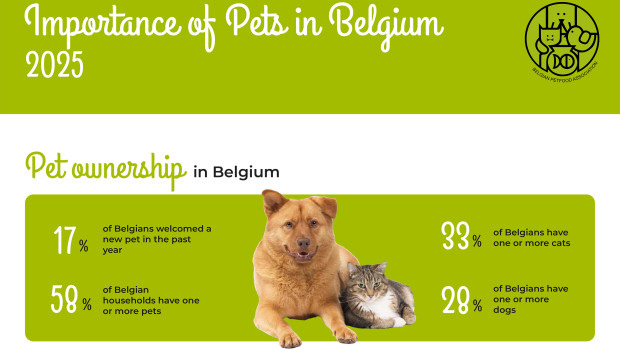

 Print - digital - online
Print - digital - online